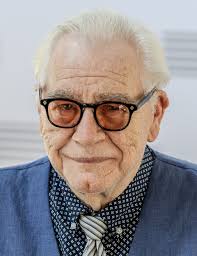The Impact of Brian Cox on Science Communication

Introduction
Brian Cox is a prominent British physicist and science communicator known for his efforts to popularise science through engaging television programmes and publications. His work not only captivates audiences but also inspires a new generation to pursue scientific education. As concerns about climate change, technological advancements, and space exploration become increasingly crucial, understanding the role of figures like Cox is more important than ever.
The Journey of Brian Cox
Born on March 3, 1968, in Oldham, England, Cox studied Physics at the University of Manchester before embarking on a career in experimental particle physics. He was a key member of the team at CERN during the discovery of the Higgs boson in 2012. However, it is his transition from the world of academia to television that has established him as a household name.
Significant Contributions
Cox has hosted numerous BBC documentaries, including the acclaimed ‘Wonders of the Universe’ and ‘Wonders of Life’. These series have not only demonstrated his ability to explain complex scientific concepts in an accessible way but have also received critical acclaim for their stunning visuals and engaging storytelling. His approach makes science relatable and exciting, fostering a deeper public interest in fields that often seem daunting.
Current Endeavours and Initiatives
As of 2023, Brian Cox continues to be active in both his academic and media careers. He recently announced a new series titled ‘Universe’, which is set to explore the mysteries of space and time, scheduled for release later this year. This project reflects the ongoing fascination with cosmic phenomena and highlights Cox’s commitment to pushing the boundaries of popular science communication.
Conclusion
Brian Cox’s influence extends beyond his scientific achievements; he serves as a vital bridge between the scientific community and the general public. His ability to communicate the importance of science in everyday life inspires action, particularly in the face of global challenges such as climate change. As we look toward the future, his contributions will likely pave the way for more innovative science communication that engages and educates audiences worldwide.
